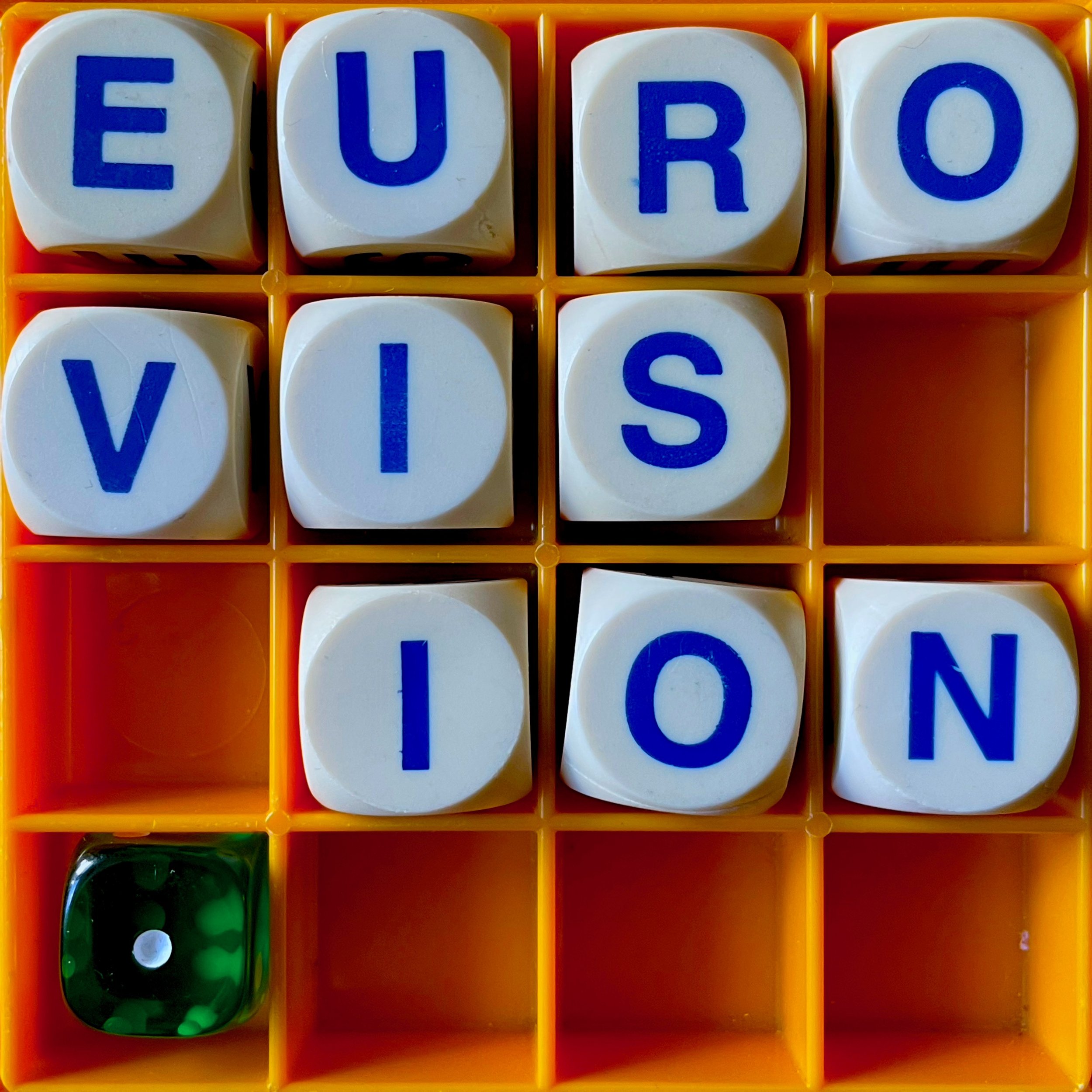There aren't many multilingual, multinational television shows that have been running for nearly seven decades. But what makes the Eurovision Song Contest so special to me is not the music, or the dancing, or the costumes that range from spangletastic to tear-off: no, it's the people butting heads about language. Historian Dean Vuletic, author of Postwar Europe and the Eurovision Song Contest, recounts the many changes in Eurovision's language rules, and its language hopes and dreams.
Read moreAllusionist 100. The Hundredth
To mark the 100th episode of the Allusionist, here’s a celebratory parade of language-related facts.
Read moreAllusionist 77. Survival: Second Home
There are two main places in the world where the Welsh language is spoken: Wales, and the Chubut Province in Patagonia. How did this ancient language take root in rural Argentina, 12,000 miles away from its home base?
Read more


